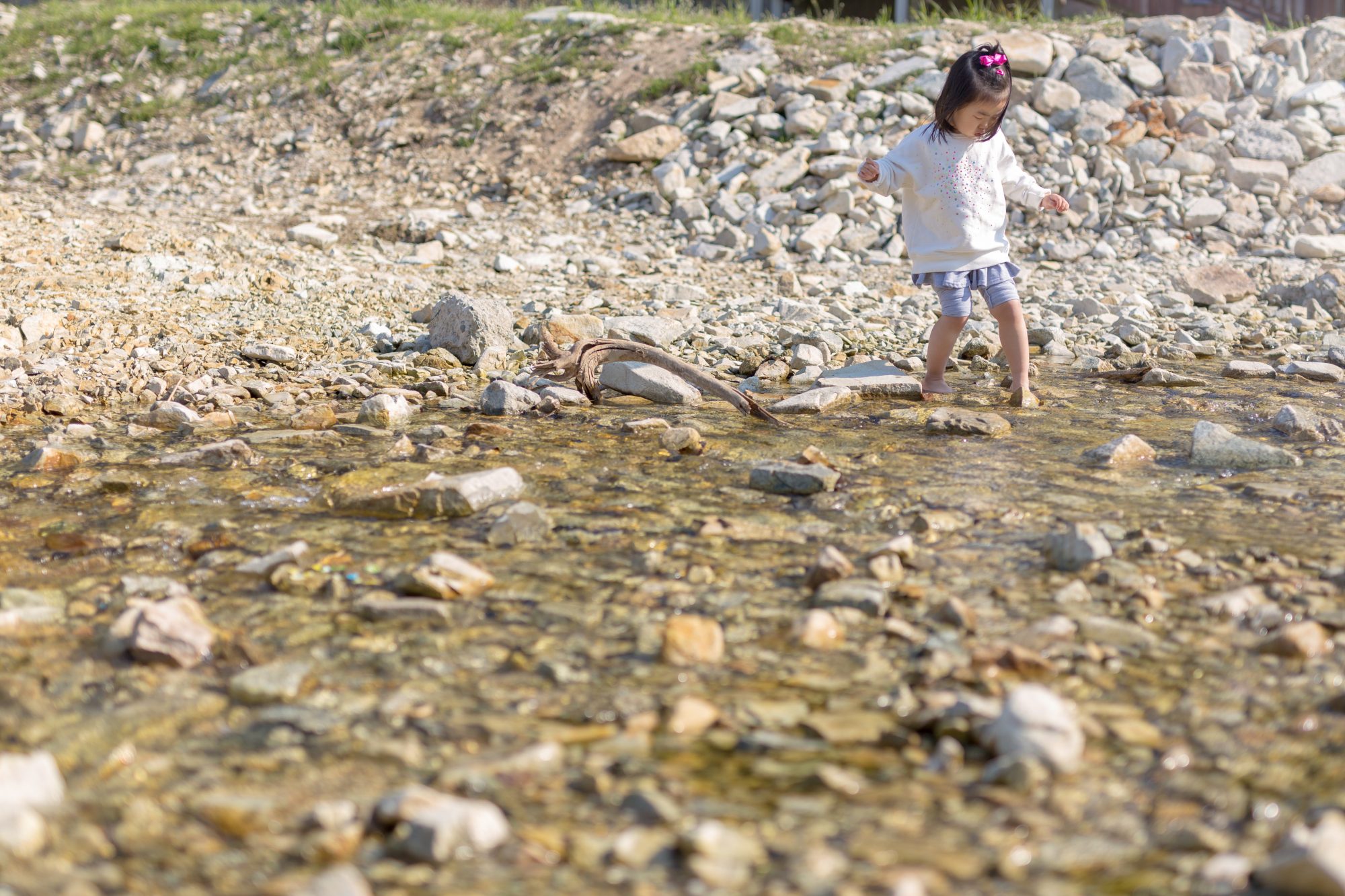Written by Natalya Ganchina M.Ed.
We all want to be healthy. Sickness sucks up a lot of time and energy that you could be using more productively. In schools, viruses and infections go around constantly. Building healthy habits and allowing children to act unconventionally can help strengthen their immune system. Even people who have very healthy lifestyles feel unwell from time to time. The difference is for how long the person is sick and how fast they recover.
Here are some useful habits that I teach to my children and students:
1. Walk barefoot outside in the sun.
No matter the weather, go outside and enjoy some fresh air. Let children wade in paddles. Move around! Walk or play games with them, bike or jog, plant or water flowers. The research says that walking bare foot and being exposed to the sunlight is a good strategy to prevent cardiovascular diseases, pain, poor sleep, inflammation and many others. Choose something that you like and do it together. Enjoy this time and imagine that your body absorbing fresh air and sunlight like a sponge absorbing water.
2. Exercise in the morning.
Having a good morning routine is a great habit that energizes you for the day and can help keep your immune system up. Do morning stretches for yourself and show some to kids. Make it fun, tell a story about it. Turn or music and dance with your children. Sometimes you could wake up and do not feel like you want to move. During those times it is even more crucial to have that morning routine. Even a little exercise improves your immune system.
3. Swim in open water.
It does not matter in what climate you live in. Try to use every opportunity and swim in open water in your area. If you and your children’s bodies are not used to it, start with wading. Putting your whole body in the water will give you the best results. Research shows that cold water swimming helps keep inflammation low. Of course you must supervise your children around water, but you can also have fun!
4. Maintain a consistent temperature.
This doesn’t mean that you have to keep your house boiling at 90°F or freezing cold at 45°F. It means that your residence will be very warm during the summer and colder during the winter, following the seasons. For example, the highest that we keep in our house is 80°F and the lowest that we have is 68°F. By doing this, your body adjusts to the hot or cold temperature in the environment and it is not so stressful for you to go outside.
5. Watch your children’s diet.
Start your day with fruits or healthy smoothies. Eat veggies, preferably fresh or raw. Use farmer’s markets and buy local when you can. Healthy diet has a big impact on health and mood. Try to limit the amount of junk food in your kitchen, but know that it is not realistic to keep your child totally junk-free. “Forbidden fruit is always sweet.” If you will not allow to try things that your child wants, he/she will find a way to do it while you are not watching. So, help them to build healthy habits that will direct their choices of food when they are alone. Diet is an important factor in immune system health.
6. Keep your mind and language healthy.
Be mindful about how you talk about health and sickness. Teach your children to say “I am healthy” several times during the day and practice gratitude. Instead of saying “I am sick”, teach to say “I am not feeling well”. Do what you can to make things better, but don’t spend too much time discussing sickness. Concentrate your attention on positive thoughts. Keep your language upbeat.
7. Wish everyone good health,
Teach children to wish good health to family, friends, and the people around them. Help them see everyone as a healthy person. What goes around comes around: wishing good heath to others means you are earning it for yourself too. Teach your children be grateful for a good health when they have it. 2010 research shows that gratitude actually lowers inflammation and calms the nerves.
Your immune system keeps you safe and protects you from harm. Look after it, and stay healthy all year round in any weather!






